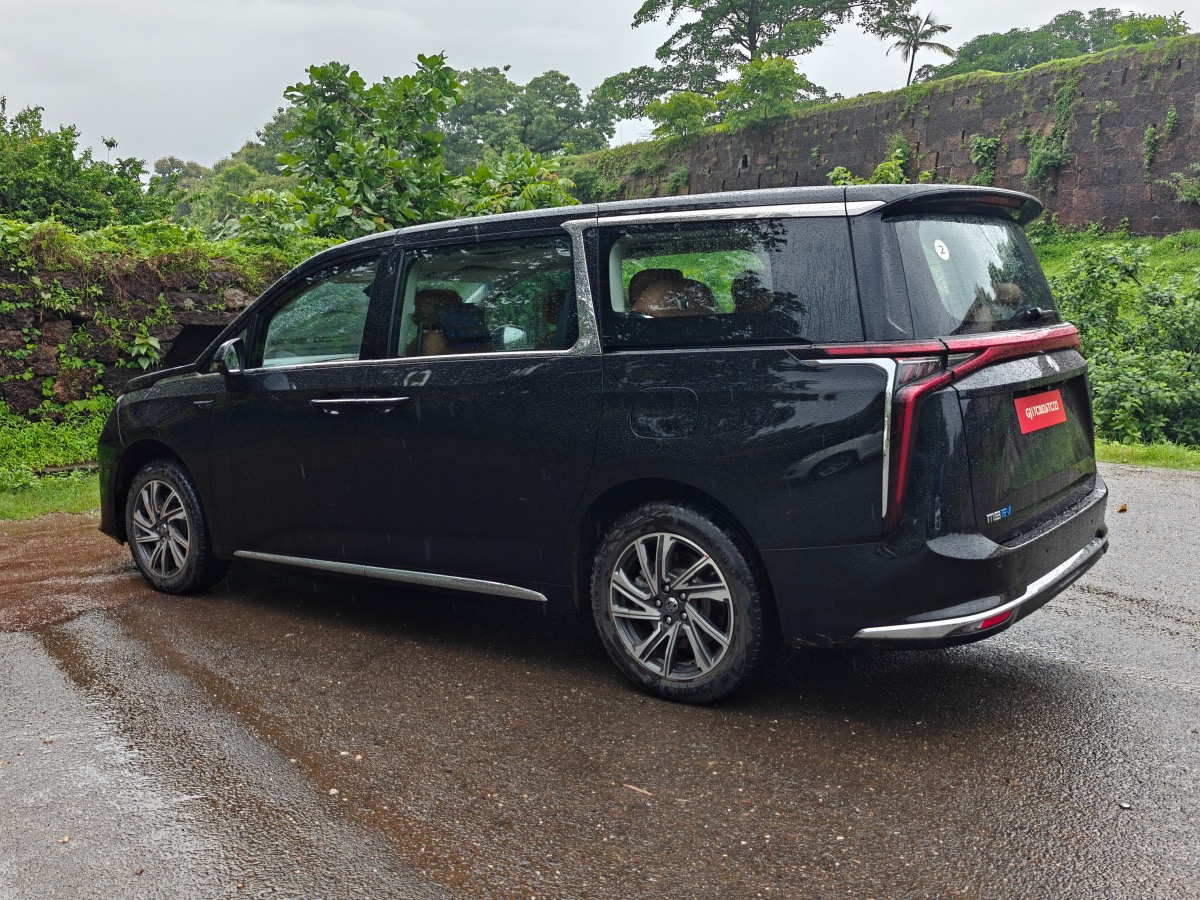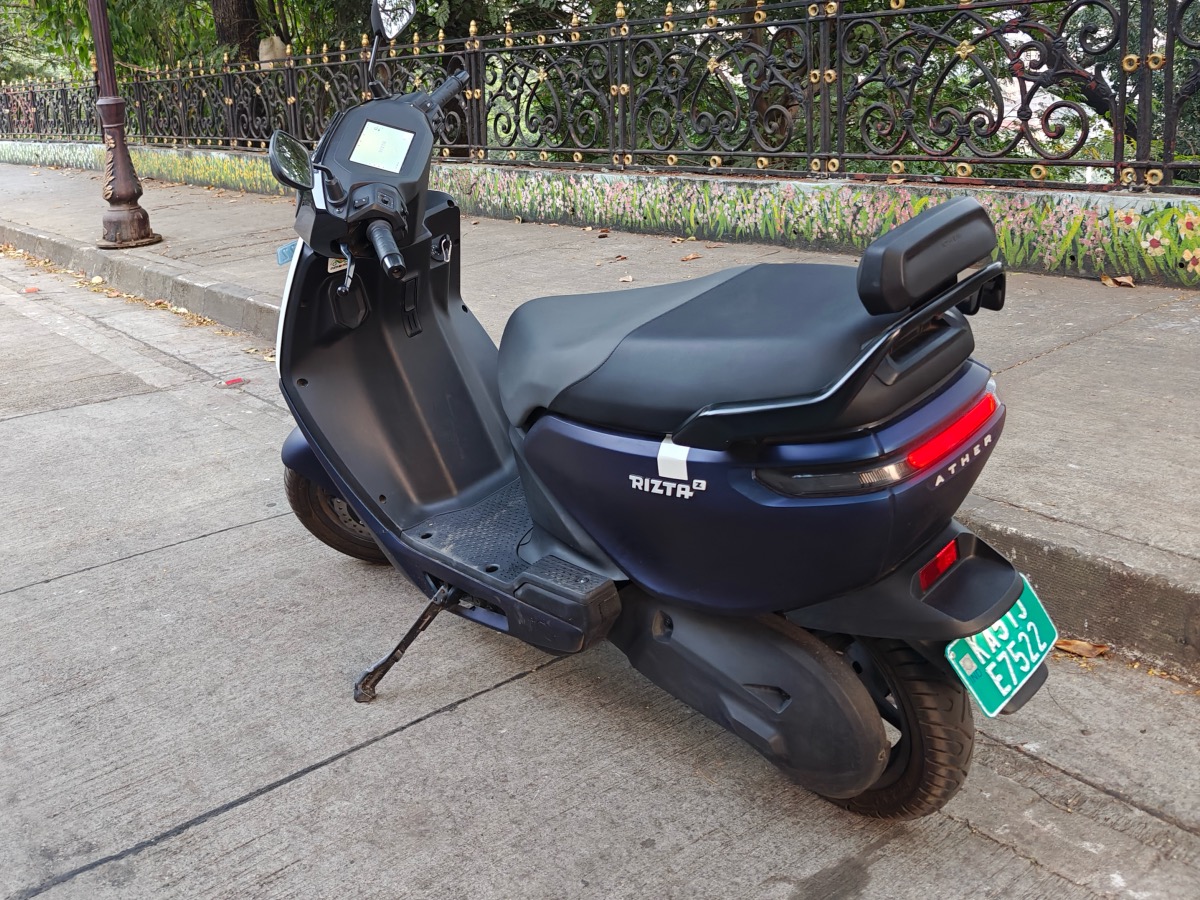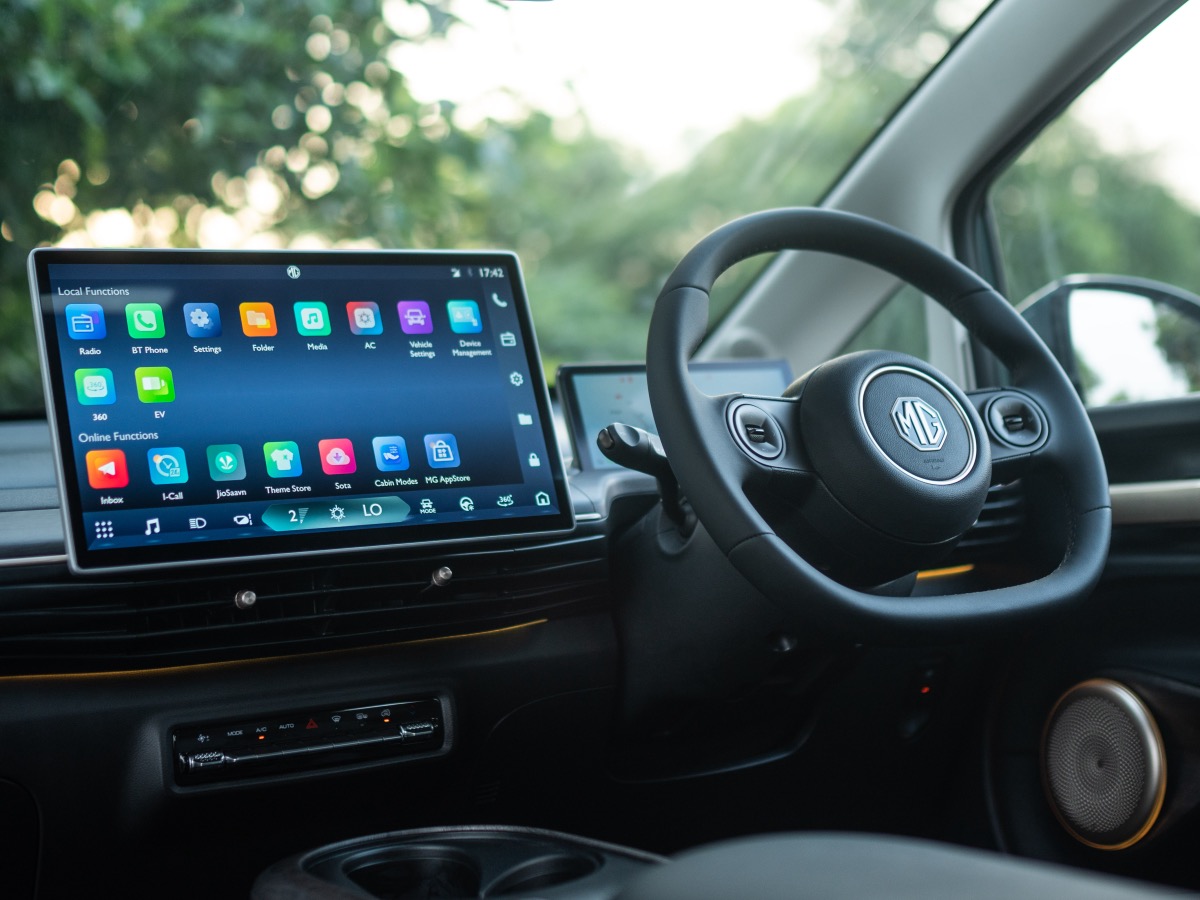This is a big one, and it's got a lot to it beyond the cost of the car itself. EVs are still priced at a premium over equivalent petrol and diesel cars, although they do benefit from lower GST rates in India. Additionally, EVs may not fetch as high a resale value as a petrol or diesel vehicle, due to battery degradation over time and the fact that the battery is the most expensive component of the car itself. In comparison, petrol and diesel cars will still fetch a decent price after a few years, since fuel engines are designed to work efficiently and reliably over long periods of time.
As such, you'll want to ensure you're covering the higher ownership cost of the EV with more affordable running costs. Charging is still considerably cheaper than petrol and diesel, so you'll be saving a fair chunk of money every time you recharge your EV instead of filling up the tank of your petrol vehicle.
The MG Windsor EV typically costs around Rs. 800 to fully charge if you're using a public charger, or even less if you have your own private charging solution at home. In some cases, such as if you have solar panels at home, you might not be paying anything to charge your car, and you get about 250-300km of running.
Compare this to the cost of a full tank of petrol in an equivalent car, which will cost around Rs. 4000 or more (depending on the car). You're therefore saving money here, but the key to unlocking value is saving enough to justify the cost of the car itself.
For this, you need heavy operation for the finances to make sense. If you tend to drive your car for around 2000-2500km per month, you'll see these savings quickly with an EV. If your running is considerably less than this, you're better off with a petrol or diesel car, which wil even fetch you a decent resale price after a few years of use, and save you money on the whole.




